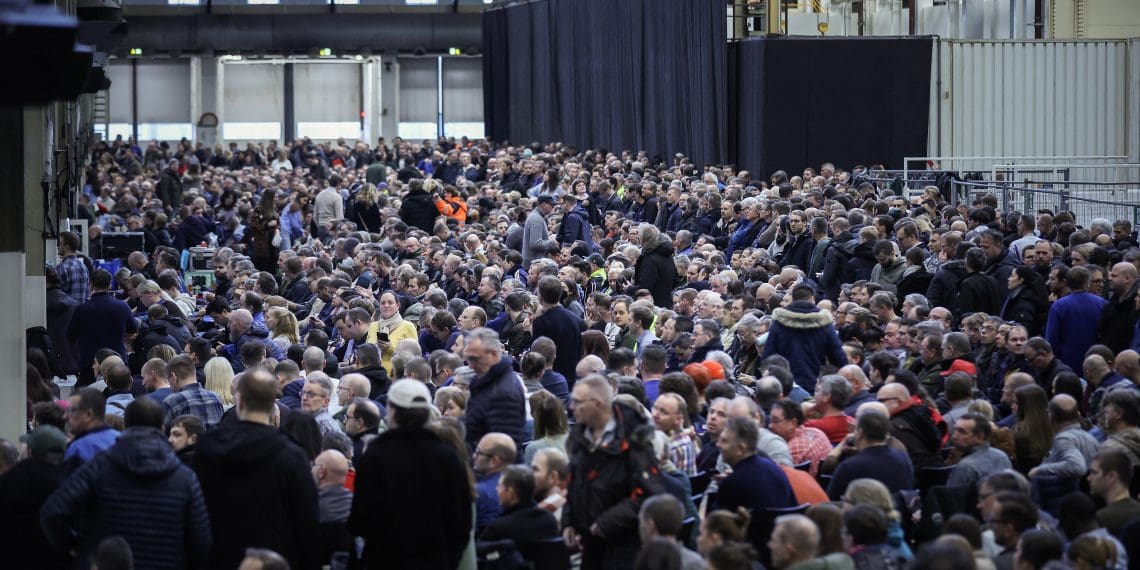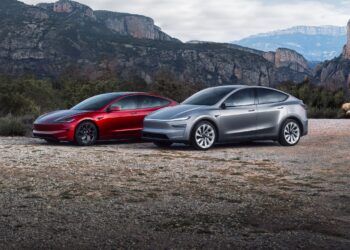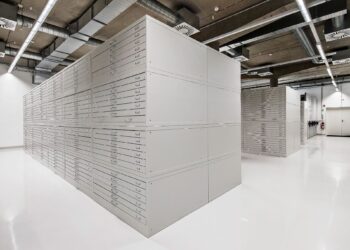Germany’s industrial backbone is feeling the strain as Volkswagen workers gear up for extended strikes next week, escalating a tense standoff with management over proposed layoffs and the unprecedented closure of factories on home soil. The IG Metall union announced Thursday that workers will stage four-hour “warning” strikes across nine sites, doubling the intensity of earlier industrial action in December.
Workers Fight Back: ‘No Termination Letters Under the Christmas Tree’
Tensions reached a boiling point this week as Volkswagen management defended cost-cutting measures, which they argue are critical for the company’s survival amid rising operational costs and fierce competition from global rivals. However, union negotiator Thorsten Groeger slammed the company’s approach, accusing VW’s CEO Oliver Blume of hypocrisy.
“It borders on mockery when Oliver Blume wishes the workforce a Merry Christmas while essentially preparing to deliver termination letters as holiday gifts,” Groeger said in a fiery statement. The union has pledged to ramp up pressure during the next round of negotiations, scheduled for Monday, by mobilizing thousands of workers at a rally in Wolfsburg, Volkswagen’s headquarters.
Volkswagen’s Response: Balancing Survival and Stability
Volkswagen has remained steadfast in its stance, with CEO Oliver Blume emphasizing the need to adapt to “a rapidly changing environment” in the automotive industry. The company insists that cost-cutting measures are essential to remain competitive as it grapples with rising production costs, sluggish demand for electric vehicles, and increasing competition from international markets.
“Management and workers’ representatives remain in dialogue to develop sustainable solutions that balance economic stability with secure employment prospects,” Volkswagen said in a statement, attempting to temper the brewing discontent.
Europe’s Automotive Crisis: A Perfect Storm
Volkswagen’s struggles are symptomatic of a larger crisis sweeping Europe’s car industry. Automakers and their suppliers are contending with shrinking markets, slower-than-expected adoption of electric vehicles, and increasing pressure from governments to transition away from internal combustion engines. The situation is compounded by Germany’s own economic uncertainty and domestic political instability.
Volkswagen is already grappling with a slowing economy and increased costs linked to electrification. The threat of prolonged strikes and factory closures would deal another blow to a sector already reeling from supply chain disruptions and wavering consumer confidence.
Union Warns of Escalation: Open-Ended Strikes Loom
If negotiations fail to produce an agreement, IG Metall has hinted at ramping up industrial action, with the potential for open-ended strikes that could bring production to a grinding halt. Such an escalation would have significant consequences not only for Volkswagen but also for Germany’s economy, where the automotive sector is a key pillar.
Monday’s rally in Wolfsburg promises to be a watershed moment in this ongoing saga. With thousands of workers expected to turn out in force, the pressure will be on both sides to find a resolution before the standoff spirals into a full-blown crisis. For now, all eyes are on the negotiation table as Germany braces for what could be a defining chapter in its industrial history.










